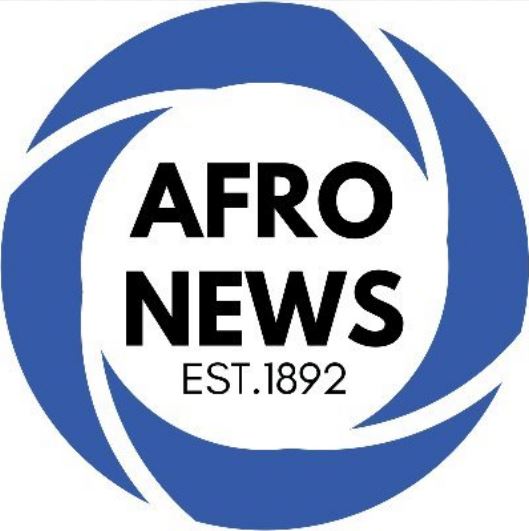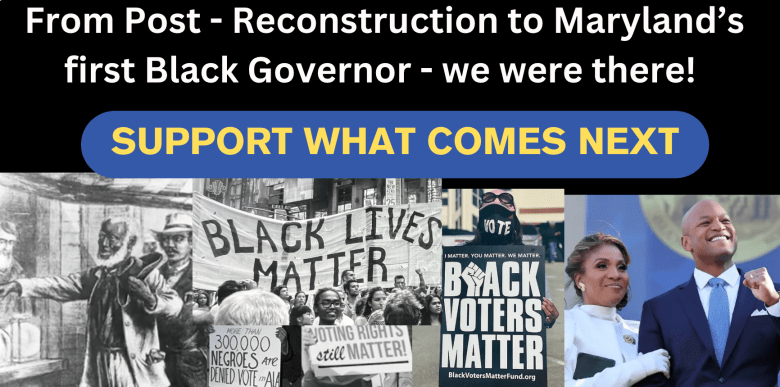After months of relative silence, the issue of violence in Darfur, Sudan, rose to the fore Jan. 9 when thousands of individuals in 15 countries across the world gathered for Sudan365: A Beat for Peace, a series of coordinated ceremonies aimed at urging governments of the world to halt violence in the region.?
“Urgency is what would like to get across to the U.S. government,” said Jerry Fowler, president of the Save Darfur Coalition. “We need them to act because we’ve seen the type of violence that takes place if we turn our backs.”
There has been a civil war raging for 20 years in Sudan, but the conflict in Darfur began in 2003 when Black African rebel groups led a revolt against Sudan’s Arab-centered government because they felt they were being persecuted and marginalized.
In turn, the Sudanese government responded by arming the Janjaweed, an Arab militia from the northern region of the country, who began to raid and burn down villages. By September 2004, it was estimated that over 70,000 people had been killed in the conflict.?The brief but poignant ceremonies marked the five-year anniversary of the Comprehensive Peace Agreement (CPA) which ended the war between northern and southern Sudan, as well as the one-year period before a referendum that may decide the future of the war-torn country.
The CPA, which was signed Jan. 9, 2005, between the Sudanese government and the Sudan People’s Liberation Movement (SPLM), was meant to halt violence in the ravaged country. Also included in the agreement was a referendum that states in 2011, the people of southern Sudan would be eligible to vote on becoming an independent nation or remaining a part of Sudan.
However, despite the agreement, violence has raged on in Darfur, despite pressure from the U.N., the U.S., and other countries around the world.
“The harm to civilians in Darfur cannot be resolved without addressing the issues of Sudan as a whole and …the issues of Sudan as a whole cannot be resolved without addressing the issues of Darfur,” Fowler said.
As recently as this week, the U.S. special envoy to Sudan reiterated the need to curb Sudan’s violence, especially in the southern part of the nation.
“Violence in the south is too high,” said Scott Gration to reporters. “What we need to do is get out in front and prevent these problems.”
All of these issues led to a grassroots effort to generate awareness around the globe.?
The Washington, D.C. ceremony was held at New York Presbyterian Church, and began with rally-goers using various percussion instruments. A televised display of drumming occurring at the other ceremonies around the world was also shown.?
Jimmy Mulla, a native of southern Sudan and the executive director of Voices for Sudan, and Niemat Ahmadi, a Sudan native and activist, both spoke of the conditions in the country when they lived there and the conditions that exist today.?
“The regime in Khartoum who seized the power by force, enabled themselves to establish the ever-existing dictatorship rule in our lives today,” Ahmadi said. “They kill people because of their race, religion, or only for speaking out for their rights. Obstruction and manipulation by the regime in Khartoum continues today as the government is planning to relocate people.”
Leonard Leo, chairperson of the U.S. Commission on International Religious Freedom spoke of what he witnessed on a recent trip. Among the incidents he saw was the Sudanese government’s prevention of a peaceful rally.?
“Our commission delegation witnessed Sudanese security forces, police, national security and army being driven into Khartoum in unmarked vehicles to suppress the demonstration,” said Leo. “We saw streets blocked to prevent ordinary citizens from assembling peacefully.”
Fowler, the last speaker, urged rally goers to raise their voices and pressure the U.S. government to become more involved in Darfur’s plight.
“If we shine a light, raise our voice, push our governments to pay attention then there is the prospect of peace,” Fowler said. “What we can push for is a space for Sudanese to resolve the issues of Sudan without the use of violence.”


